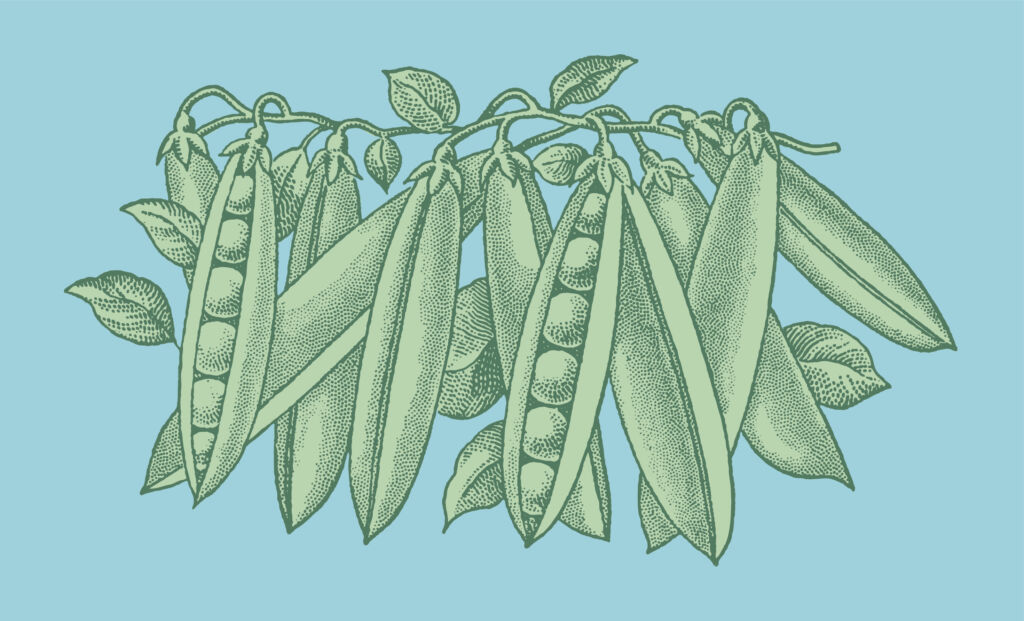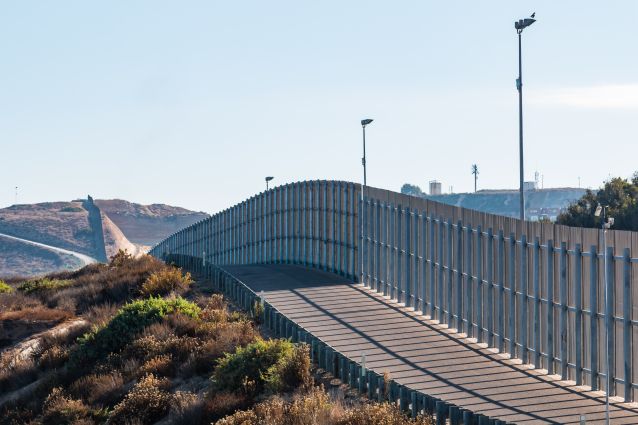Decolonizing food means much more than being choosy about where you harvest and source your meats and veggies. It’s about being aware that every decision you make has an effect on everything, including what you choose to put in your body.
As Indigenous people, we are taught this literally from birth. In my Anishinabe culture, we have seven teachings that all tie into one another to keep the earth in balance. That balance is exactly what keeps the earth healthy and abundant, therefore nourishing us by providing exactly what we need to keep us in optimal health. What we have on every part of Turtle Island is there for the animals and indigenous people of that area. For instance, the Haudenosaunee people were considered farmers. They had permanent homes and massive gardens with enough vegetation to provide for entire communities. They relied heavily on vegetables and legumes (beans), and some fish and game. To this day, they will tell you they feel best when they eat what their ancestors ate. As for Anishinabe people, we relied heavily on large and small game, fish, berries, greens, and some vegetables (often traded with other tribes). Again, to this day, the Anishinabeg will tell you we feel best when we stick to this type of diet. First Nations people, in general, will tell you that the most of us are lactose- and even dairy-intolerant because cows are not indigenous to Turtle Island. As it is everywhere else in the world, our DNA is designed to accommodate where we come from.
In an Indigenous family, it’s common to spend weeks at your traditional camp/trapline every season for harvesting purposes. When we’re out harvesting, we always go out with the intention of finding what we need, and taking only that. We also give thanks to our mother Earth and our ancestors for guiding our hunt and providing us with bountiful and adequate nutrition for our families. This means we don’t get “trigger happy” and shoot at the first sign of movement. When we’re out on the land, we’re taught how to track the behaviour and movement of the animals by recognizing their trails, what they’ve been eating, acknowledging how the weather might affect their behaviour, and even the state of their health by looking at their droppings. One of the most important things to notice is the male-to-female-to-baby ratio of what you’re hunting. I’ll use moose as an example. We know that one bull moose can impregnate many cows, but nonetheless we need both sexes to produce calves. Judging by these ratios, it’s up to the most skilled hunters in the families to determine whether a male or female should be harvested at that time. The intention, again, is to maintain nature’s balance and keep our mother earth healthy. To keep her healthy is to leave her as untouched as possible and ensure that every other living creature on this earth has what they need to thrive, including insects and plants. After harvesting, we always give thanks. We're grateful to be so well taken care of. In turn, we always promise to abide by our obligation to keep her healthy and strong.
We are taught that everything on this planet is here for a reason... Therefore, things like mining, damming, and logging all need to stop because they play a major role in destroying the ecosystems and killing all these species.
It's said that after the first great flood, only one man survived. He was floating on a log when animals swam up to him, and they discussed amongst themselves how and where to find land. The turtle then said that if someone can come up with just a handful of dirt, she could carry it on her back and allow vegetation to grow. She said she would provide all living beings with everything they would need to live a healthy life, as long as every being promised to take care of her. Everyone agreed. All the animals tried to dive underwater to some dirt on the bottom. They all tried, but no one could dive deep enough. The otter was the only one left. He promised to try his best. He dived down, and all his friends waited above the water for him. A while passed, and they were sure all hope was lost. Finally, after a period of anticipation, the otter’s lifeless body floated to the top. They noticed his hand was clutched tightly in a tiny fist. They opened it, and found dirt. The man placed the dirt on the turtle’s back, and there began the growth of the vegetation and what we now know as Turtle Island, or what settlers like to call “North America”. The story varies slightly within every tribe; however, a few things remain consistent: there was a great flood, the turtle carries the land on her back, and there’s an agreement of mutual caretaking of each other.
We are taught that everything on this planet is here for a reason. That reason is to maintain health and balance for all. They all play a role in our ecosystems. Therefore, things like mining, damming, and logging all need to stop because they play a major role in destroying the ecosystems and killing all these species. Every one of them is vital; otherwise, they wouldn’t be on the earth. These industrial activities are making our Mother sick.
You see, all the things I mentioned are what we need to practice and change to truly understand what decolonizing food means. We shouldn’t rely on large-scale factory farming for our food. This allows us to forget about the work that goes into growing and harvesting said food. We forget to give thanks, and forget to take only what we need. We’re no longer appreciative of our Mother, who provides us with all we need to live an abundant life and thrive. We no longer respect her. Respect is a teaching in and of itself. It shows us that when we forget about just one teaching, it upsets the balance. We need to get back to these teachings as Indigenous people. However, it feels impossible when we face all the major issues, along with the social issues (such as harassment from non-Indigenous hunters in our traditional territory).
To decolonize food is to live your life intentionally, in every way. To decolonize food is to stop climate change. The way to do this? #LANDBACK








